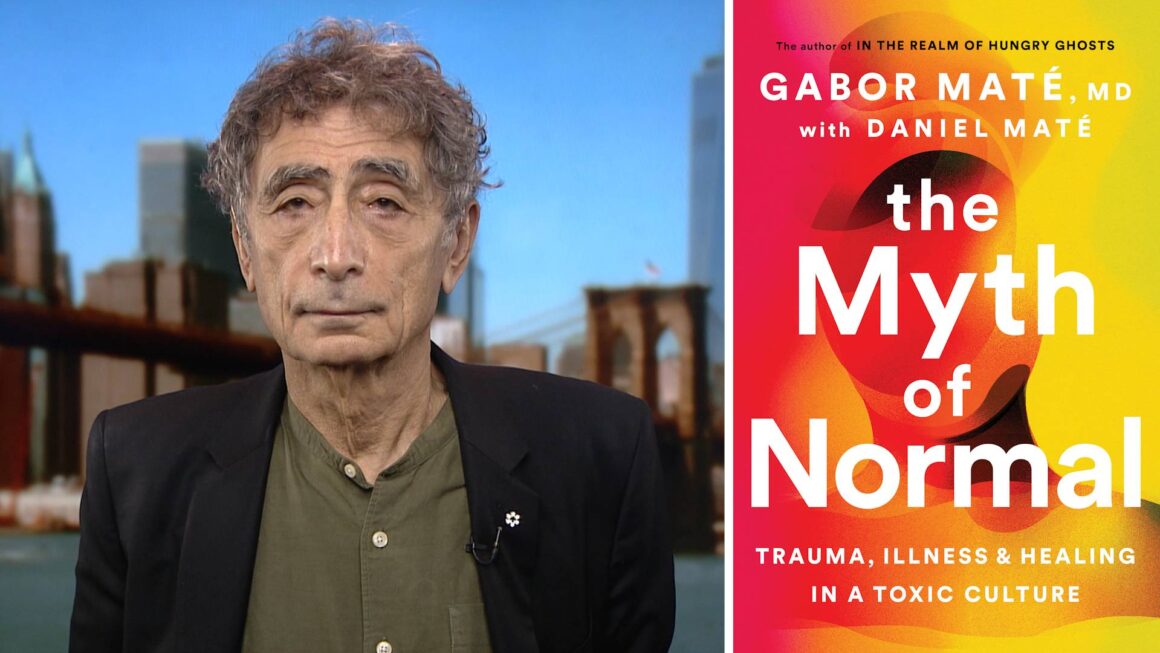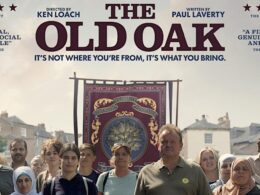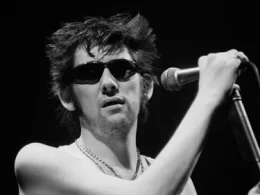Review: The Myth of Normal
By Gabor Maté, with Daniel Maté
Vermilion, 2022
Reviewed by Roise McCann
As a younger generation comes of age in a time of capitalist crisis, the “myth of normal” is breaking down before our eyes. From the Covid-19 pandemic, to ecological and economic collapse, it’s no surprise that trauma has become “the word of the decade”. As we struggle for answers about what the pending disintegration of the environment and life as we know it is doing to our brains and bodies; The Myth of Normal feels like a timely introduction to how life under capitalism inevitably isolates us from our core needs, as well as from ourselves.
In 1859 Karl Marx wrote, “It is not the consciousness of men that determines their being, but, on the contrary, their social being that determines their consciousness.” Dr Gabor Maté echoes in many ways this concise synopsis of human consciousness as it presents trauma, mental and physical health as not simply fixed physiological occurrences, but intrinsically linked to stress we face amidst capitalism’s “toxic culture”.
Maté is a famed author and physician, using his many years of experience running a family practice in the deprived area of downtown Vancouver to inform his own writing. He connects mental health and trauma to addiction, as well as physical chronic health problems such as autoimmune diseases and cancer.
Maté is resolutely clear that his own life has been shaped by deep trauma suffered at the earliest stage in his own cognitive development. Born in Hungary during World War Two, his maternal grandparents were murdered in Auschwitz and his mother entrusted his care to a stranger for five weeks in order to save his life. Upon their reunion, Maté writes that he did not look at his mother for days, inviting us to consider his own story of horrific early life experiences as a case study for the broader understanding of how trauma impacts children’s cognitive development.
The Myth of Normal is co-authored with his son Daniel Maté, and has been described as a product of the last ten years of his work and research. Drawing upon foremost researchers in the field of trauma studies, as well as well-known figures from Noam Chomsky to Alanis Morissette and even Buddha, the book is a colourful and humanist sprawling expedition through capitalism’s many facets of subordination. From poverty and wage slavery, to racism, sexism and LGBTQ+ phobia, our bodies “keep the score”, holding stress from navigating the world with all of these pressures in motion.
Trauma is described as an inner injury, a lasting rupture or split from the self due to difficult or harmful events. It is not the event itself, not what happens to you but rather what happens inside you. Trauma is not an individual event, but a process that can potently redirect our mental and physical health and wellbeing. Our responses to trauma can be debilitating. They can also be fostered by the system’s profit motive. Behaviours such as workaholism and fawning (people pleasing) can be mistaken, even by ourselves, as ambition and success in a system that values unattainable and arbitrary goals and skewed ideas of what makes us productive members of society.
Maté employs cutting-edge research to show that factors such as poverty, racism and urban blight can impact genetic and molecular functioning. Unlike the medical status quo of past decades that claimed our genes determine who we are destined to be, the study of epigenetics shows that our surroundings activate, accent, or quiet certain functionings of our genes. The science employed presents stunning results: gene expression in rich men is markedly different from men from a background of poverty. Racism and discrimination accounts for more than 50% of black / white difference in the activity of genes that cause inflammation and decreased immune functioning. Living with racism is living with disproportionate stress, hypertension, proneness to autoimmune diseases, obesity etc.
The Myth of Normal is the most explicitly anti-capitalist and sympathetic to Marxist modes of analysis that Maté has written in his career as an influential author. Maté conceptualises alienation under capitalism to not only mean estrangement from our essence and from others, but employs Marx’s theory of alienation from labour, noting that just 30% of employees in the US feel engaged at work. Through processes of alienation, the capitalist system cannot provide for our most basic needs: belonging and connectedness, autonomy of our bodies and lives, mastery or competence and purpose and meaning, to list a few.
Ultimately, Dr Gabor Maté concedes that none of these core emotional needs can be met under a system so deeply entrenched with oppression, repression, systematic violence. He calls for an entirely new system, built from the ground up – drawing upon the processes of organisation of activists across the world as a nod to how society can be reimagined.
As well as these, examples of non-Western and indigenous structures of community and healing are illuminated; he tells the story of a humbling and spiritually opening experience with ayahuasca (a South American psychoactive and entheogenic brewed drink) in Peru. As much as can be learned and brought forward from these practices, they cannot alone address the root causes of systematic exploitation that are making us so sick and isolated, and my local branch of Boots unfortunately does not sell ayahuasca over the counter.
Despite Maté’s hesitation, the book is an essential read for the revolutionary Marxist: an intensely human approach to coming up against a dehumanising system. It acts as a basis for looking toward a return to the self, through no other means than the overthrow of the capitalist system and a socialist society formed in its place to genuinely meet the needs of humanity.












